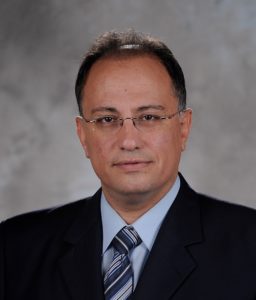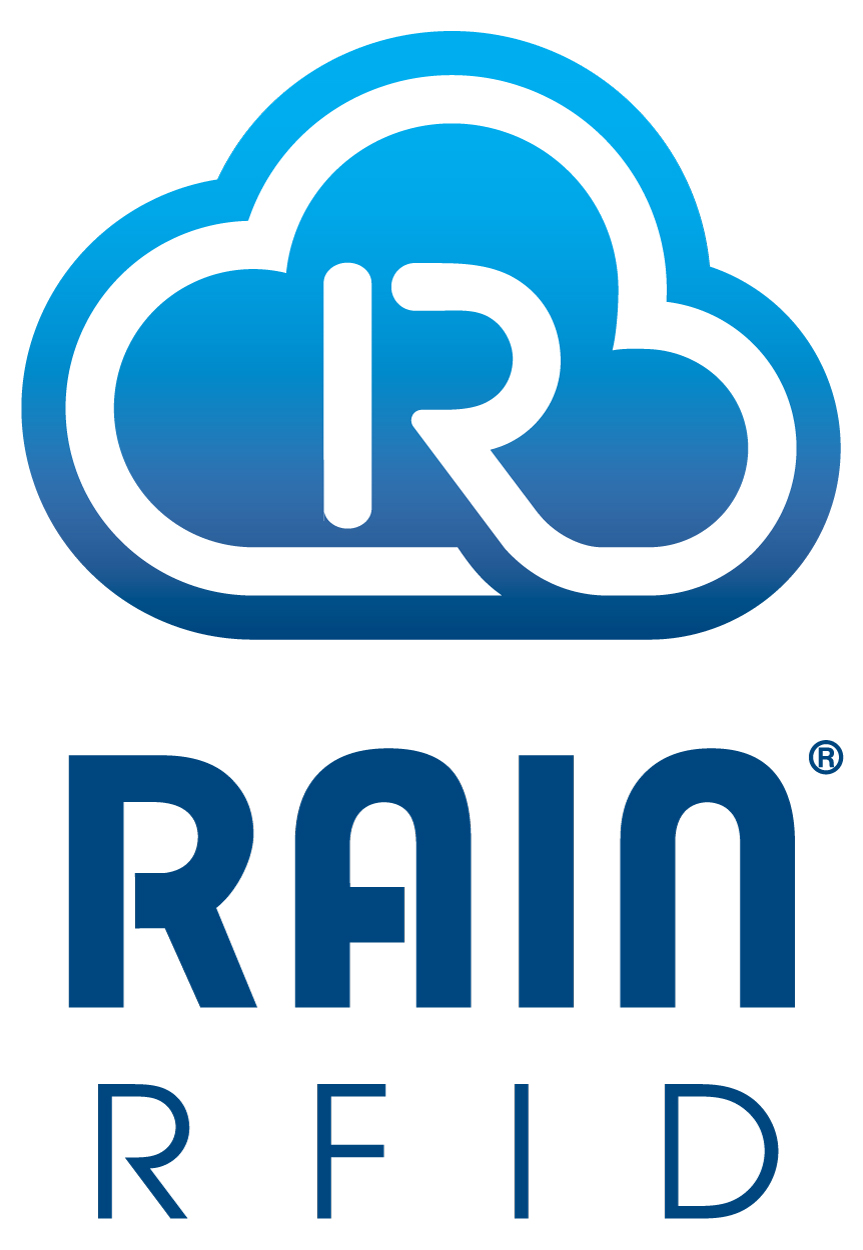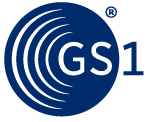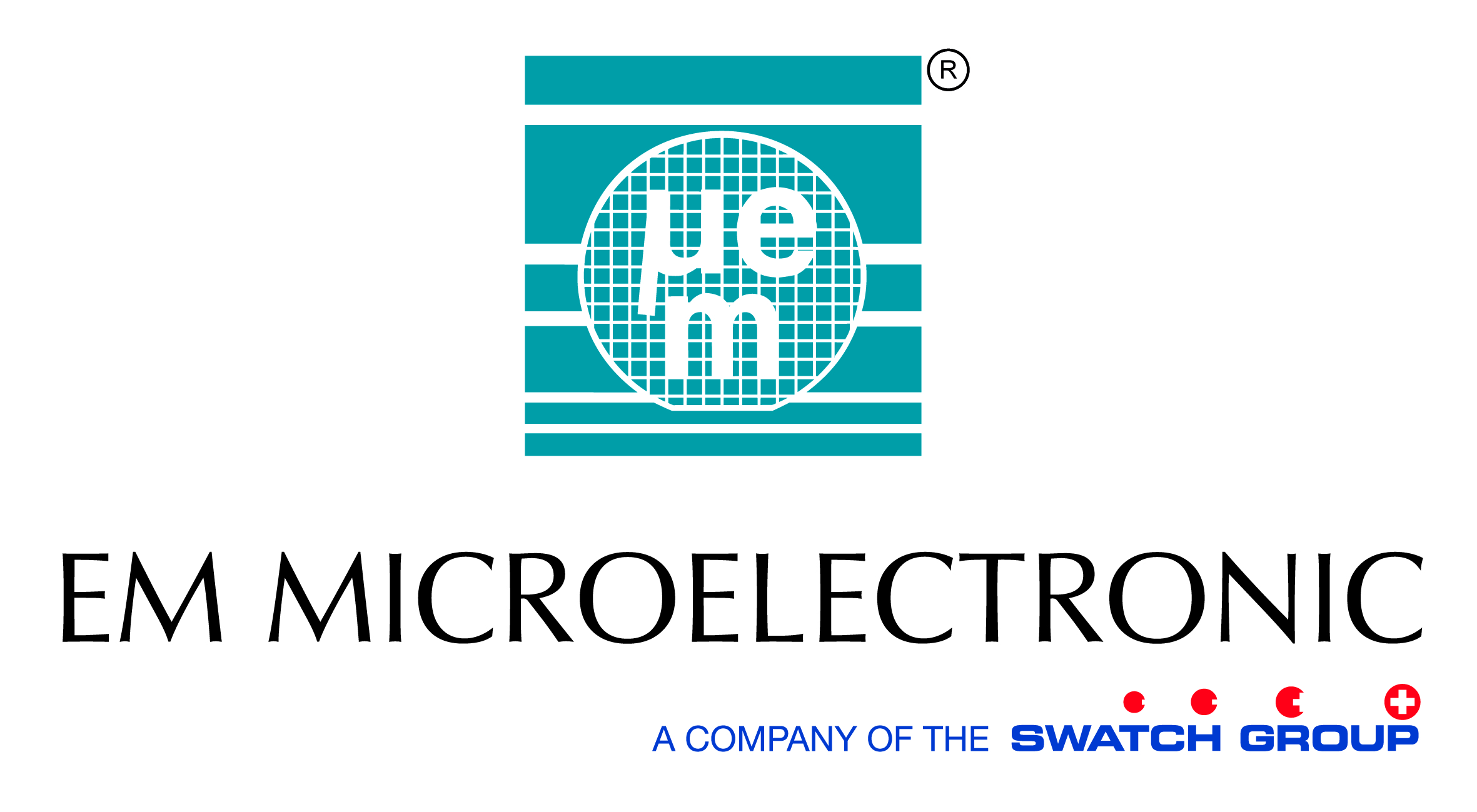3D-/4D-/Inkjet-Printed Flexible RFID and RFID-enabled Sensors and Modules for IoT and Smart Skin Applications
In this workshop, numerous inkjet-/3D-printed flexible antennas, RF electronics, energy harvesters and sensors fabricated on paper, glass and other polymer (e.g.LCP) substrates are introduced as a system-level solution for ultra-low-cost mass production of RFID-enabled Modules for Communication, Energy Harvesting and Sensing applications. Prof. Tentzeris will briefly touch up the state-of-the-art area of 3D/inkjet-printed fully-integrated wireless sensor modules on transparent or flexible substrates and demonstrate the unique capabilities of additive manufacturing for the fully 3D integration of arbitrary-shape wireless sensors with RFID systems on virtually every substrate (glass, paper, plastic, …) as well as for the first realizations of 4D (morphing/shape changing/origami) multilayer RF/microwave structures, that could potentially set the foundation for the truly convergent wireless sensor ad-hoc networks of the future with enhanced cognitive intelligence and “rugged” packaging. Prof. Tentzeris will discuss issues concerning the power sources of “near-perpetual” RFID modules, including flexible energy harvesting approaches involving thermal, EM, vibration and solar energy forms. The final step of the paper will discuss examples of the integration of inkjet-printed nanotechnology-based (e.g.CNT) sensors for Internet of Things (IoT), 5G and autonomous vehicles applications. Special focus will be paid on newly developed 3D printed backscattering Gb/sec wireless modules, 3D ramp interconnects and on-chip/on-package printed RFID components for further miniaturization and enhanced reliability for rugged conditions. It has to be noted that the paper will review and present challenges for inkjet- and 3D-printed organic active and nonlinear devices and printable transparent RF electronics as well as future directions in the area of environmentally-friendly (“green”) RF electronics and “smart-skin’ conformal sensors.
Speaker Biography
 Prof. Manos M. Tentzeris received the Diploma Degree in Electrical and Computer Engineering from the National Technical University of Athens (“Magna Cum Laude”) in Greece and the M.S. and Ph.D. degrees in Electrical Engineering and Computer Science from the University of Michigan, Ann Arbor, MI and he is currently Ken Byers Professor in Flexible Electronics with School of ECE, Georgia Tech, Atlanta, GA. He has published more than 620 papers in refereed Journals and Conference Proceedings, 5 books and 25 book chapters. Dr. Tentzeris has helped develop academic programs in 3D/inkjet-printed RF electronics and modules, flexible electronics, origami and morphing electromagnetics, Highly Integrated/Multilayer Packaging for RF and Wireless Applications using ceramic and organic flexible materials, paper-based RFID’s and sensors, wireless sensors and biosensors, wearable electronics, “Green” electronics, energy harvesting and wireless power transfer, nanotechnology applications in RF, Microwave MEM’s, SOP-integrated (UWB, multiband, mmW, conformal) antennas and heads the ATHENA research group (20 researchers). He has served as the Head of the GT-ECE Electromagnetics Technical Interest Group, as the Georgia Electronic Design Center Associate Director for RFID/Sensors research and as the Georgia Tech NSF-Packaging Research Center Associate Director for RF Research and the RF Alliance Leader. He was the recipient/co-recipient of the 2016 Bell Labs Award Third Prize, 2015 IET Microwaves, Antennas and Propagation Premium Award, the 2014 Georgia Tech ECE Distinguished Faculty Achievement Award, the 2014 IEEE RFID-TA Best Student Paper Award, the 2013 IET Microwaves, Antennas and Propagation Premium Award and many more. Dr. Tentzeris was a Visiting Professor with the Technical University of Munich, Germany for the summer of 2002, a Visiting Professor with GTRI-Ireland in Athlone, Ireland for the summer of 2009 and a Visiting Professor with LAAS-CNRS in Toulouse, France for the summer of 2010. He is a Fellow of IEEE, a member of URSI-Commission D, a member of MTT-15 committee, an Associate Member of EuMA, a Fellow of the Electromagnetic Academy and a member of the Technical Chamber of Greece. Prof. Tentzeris served as one of the IEEE MTT-S Distinguished Microwave Lecturers from 2010-2012 and he is one of the IEEE CRFID Distinguished Lecturers.
Prof. Manos M. Tentzeris received the Diploma Degree in Electrical and Computer Engineering from the National Technical University of Athens (“Magna Cum Laude”) in Greece and the M.S. and Ph.D. degrees in Electrical Engineering and Computer Science from the University of Michigan, Ann Arbor, MI and he is currently Ken Byers Professor in Flexible Electronics with School of ECE, Georgia Tech, Atlanta, GA. He has published more than 620 papers in refereed Journals and Conference Proceedings, 5 books and 25 book chapters. Dr. Tentzeris has helped develop academic programs in 3D/inkjet-printed RF electronics and modules, flexible electronics, origami and morphing electromagnetics, Highly Integrated/Multilayer Packaging for RF and Wireless Applications using ceramic and organic flexible materials, paper-based RFID’s and sensors, wireless sensors and biosensors, wearable electronics, “Green” electronics, energy harvesting and wireless power transfer, nanotechnology applications in RF, Microwave MEM’s, SOP-integrated (UWB, multiband, mmW, conformal) antennas and heads the ATHENA research group (20 researchers). He has served as the Head of the GT-ECE Electromagnetics Technical Interest Group, as the Georgia Electronic Design Center Associate Director for RFID/Sensors research and as the Georgia Tech NSF-Packaging Research Center Associate Director for RF Research and the RF Alliance Leader. He was the recipient/co-recipient of the 2016 Bell Labs Award Third Prize, 2015 IET Microwaves, Antennas and Propagation Premium Award, the 2014 Georgia Tech ECE Distinguished Faculty Achievement Award, the 2014 IEEE RFID-TA Best Student Paper Award, the 2013 IET Microwaves, Antennas and Propagation Premium Award and many more. Dr. Tentzeris was a Visiting Professor with the Technical University of Munich, Germany for the summer of 2002, a Visiting Professor with GTRI-Ireland in Athlone, Ireland for the summer of 2009 and a Visiting Professor with LAAS-CNRS in Toulouse, France for the summer of 2010. He is a Fellow of IEEE, a member of URSI-Commission D, a member of MTT-15 committee, an Associate Member of EuMA, a Fellow of the Electromagnetic Academy and a member of the Technical Chamber of Greece. Prof. Tentzeris served as one of the IEEE MTT-S Distinguished Microwave Lecturers from 2010-2012 and he is one of the IEEE CRFID Distinguished Lecturers.








